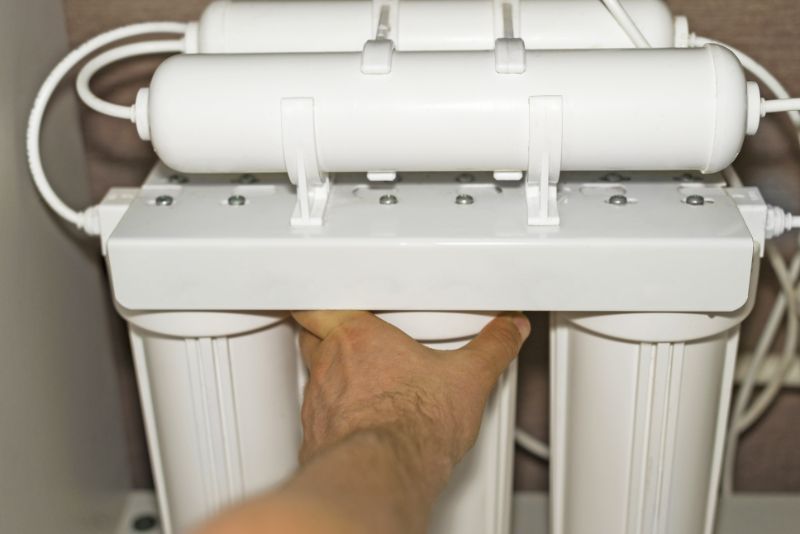How Much Do Whole House Water Filtration Systems Cost?
Whole house water filtration systems are a great way to improve your home’s water quality. They eliminate harmful chemicals, bacteria, and toxins, ensuring your family has clean, fresh water to drink. Purchasing a system is also a way to avoid damage to your pipes that can come from poor water quality. If your water is contaminated, it may cause your plumbing to become corroded or clogged, leaving you with costly repairs.
(Searching in Google “drinking water testing near me“? Contact us today!)

Whole house water filtration systems vary in cost depending on the type of filter you choose. For example, an under-sink system can be installed for as little as $100. However, installing a whole-house reverse osmosis system can be a bit more expensive. These filtration units use pressure to force water through a membrane. The process can remove chlorine, sediment, and other contaminants.
Some types of systems require special plumbing to install, so it is important to check with your local building department before you begin the installation process. You may also need to pay for a permit. Installation costs will vary according to the size of your house and your geographic location. In large metro areas, installation labor costs can be higher.
Many types of water filtration systems can be purchased and installed by homeowners with a few basic plumbing skills. Others will require professional installation. Professional installers can charge between $45 and $200 per hour. This includes materials and labor, and it takes approximately two to four hours to install a filtration system.
Most types of whole house water filtration systems will cost between $1,500 and $4,000. A reverse osmosis unit can also be installed for around $1,500. There are other whole house systems that are more expensive than this, but they offer many other benefits. For instance, they can reduce water hardness, which can make the water less harsh on your skin and dishes.
Ion exchange systems are also available. These systems have two or more large tanks. They are paired with a softening unit. The two units work together to remove harmful minerals.
There are also a variety of sediment filters that can be used to improve the quality of your water. Sediment filters are designed to catch larger particles, such as sand, clay, and other debris. Using a sediment filter can be a good alternative to a whole house water filtration system if you do not want to invest in a bigger system.
Ultraviolet filters are another option. While these systems do not eliminate sediment, they do kill microorganisms and chemicals that could be present in your water. UV units usually pair with other types of filtration systems.
Reverse osmosis is the most popular type of whole house water filtration system. It can help reduce water hardness and harmful chemicals, but it does not remove pesticides, heavy metals, and rust. Another disadvantage of these systems is that they can’t remove solvents.
Water filtration units are made by several different brands. You can find reviews for each type online. Amazon is a great resource to compare prices and pros and cons of various systems.

